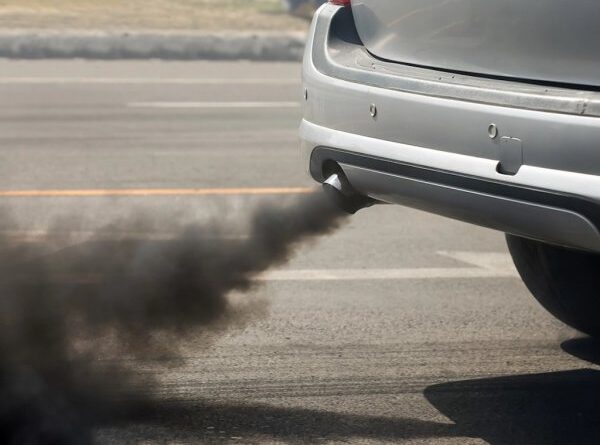Vehicle emissions: A growing threat to air quality in Rwanda
Vehicles in Kigali and other major towns across Rwanda frequently emit exhaust gases in various colors, particularly those running on petroleum-based fuels like gasoline and diesel.
According to environmental protection programs aimed at curbing climate change and atmospheric pollution, these fumes are known to contain harmful toxins that significantly contribute to air pollution and pose a serious threat to human health.
While many people assume the exhaust smoke is only white or black, experts confirm it actually comes in various hues such as dark blue, light blue, white, and black all of which indicate internal engine problems and toxic emissions that are now visible due to their intensity.
Starting in May this year, Rwanda’s Ministry of Environment, through the Rwanda Environment Management Authority (REMA), announced a program to inspect vehicle emissions as a strategy to combat air pollution and mitigate climate change, ultimately safeguarding human health.
Environmental advocates welcomed this initiative, with Dr. Abias Maniragaba stating it was long overdue. “This program was necessary and should have been implemented earlier. The government has already introduced measures like subsidizing electric vehicles, but emission inspections are an important additional step,” he noted.
Various capacity-building efforts are underway in sectors related to environmental protection. Isaac Nzabarinda, a potato farmer and seed multiplier in Musanze District, shared that after being trained in eco-friendly farming and machinery use, he opted to buy a low-emission vehicle in support of government policy.
He said, “I’ve received many trainings on environmental conservation. We learned that vehicle emissions damage the atmosphere and increase global warming. That’s why I decided to buy a car that aligns with national environmental goals. I also encourage other farmers to follow suit.”
While the official emission inspection program has not yet begun, some private garages and companies have already started offering the service. However, uptake remains low. One garage operator explained, “Few people are coming for emissions testing because it’s not well known yet. But those who try it are satisfied, especially when it helps them pass the mandatory vehicle inspection.”
Experts argue that vehicle emissions significantly pollute the air and also shorten vehicle lifespans, making emission testing beneficial not only to the public but to vehicle owners themselves.
“Let people understand: emissions testing isn’t just for the government or the public — it’s in the vehicle owner’s best interest. A poorly maintained engine consumes more fuel and releases harmful substances, resulting in unnecessary expenses,” one expert emphasized.
Globally, 16.2% of air pollution is attributed to vehicle emissions. In Rwanda, exhaust fumes are the leading cause of air pollution, and the country aims to reduce harmful emissions by 38% by 2029.
Vehicle emissions are the primary source of air pollution in many cities around the world. A 2018 REMA study identified Nitrogen Oxides (NOx), Particulate Matter (PM10 and PM2.5), Carbon Monoxide (CO), and unburned hydrocarbons as the most harmful pollutants from vehicle exhausts in Rwanda.
REMA’s 2021 report showed that vehicle emissions account for 40% of air pollution, with another 40% coming from wood and charcoal burning, and the remaining 20% from various sources, including outdated electronic devices and other waste materials.

